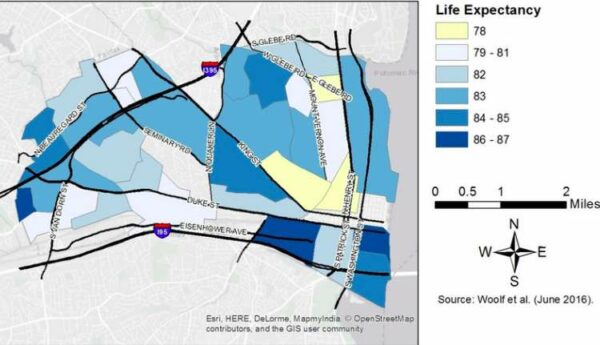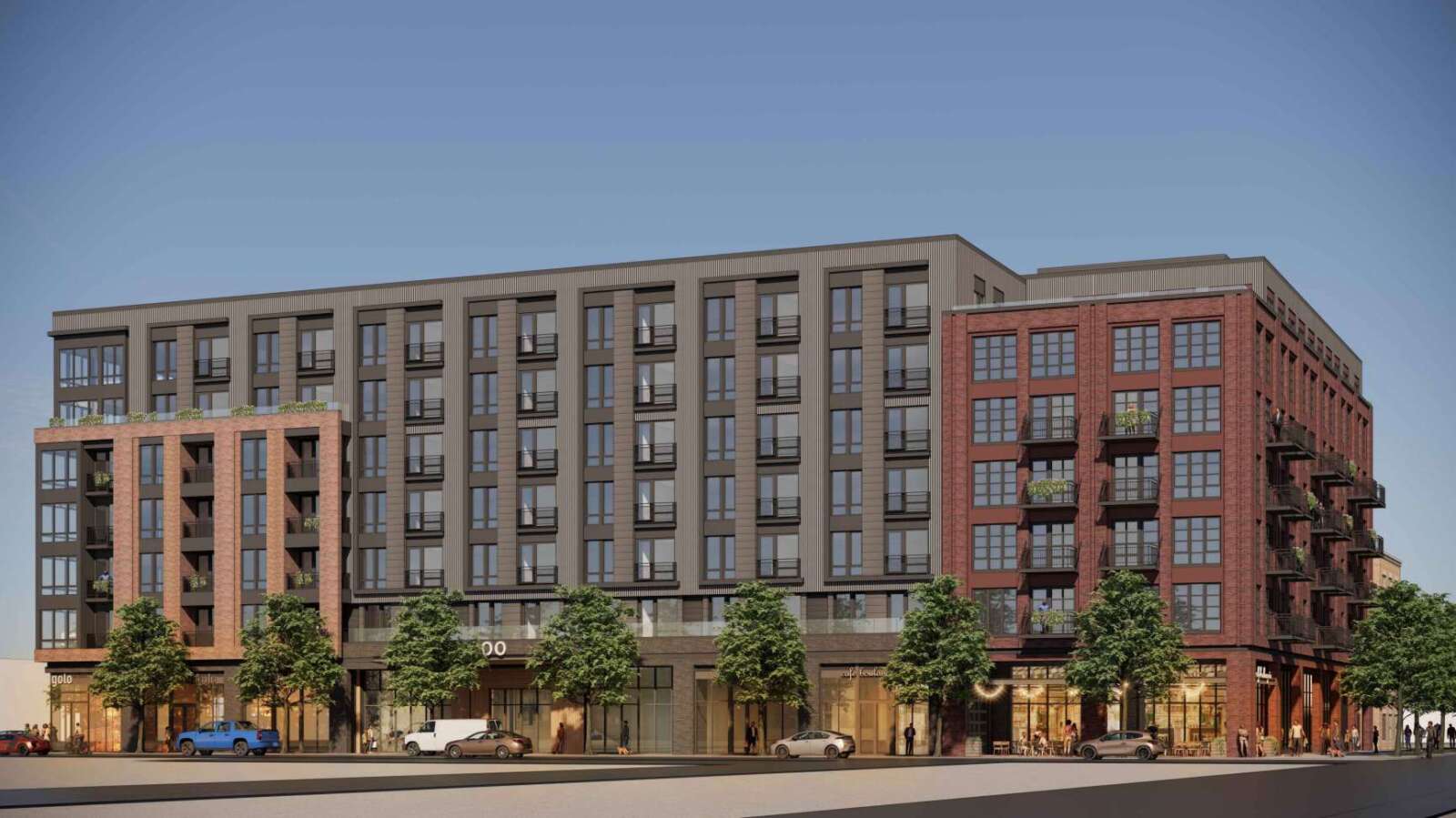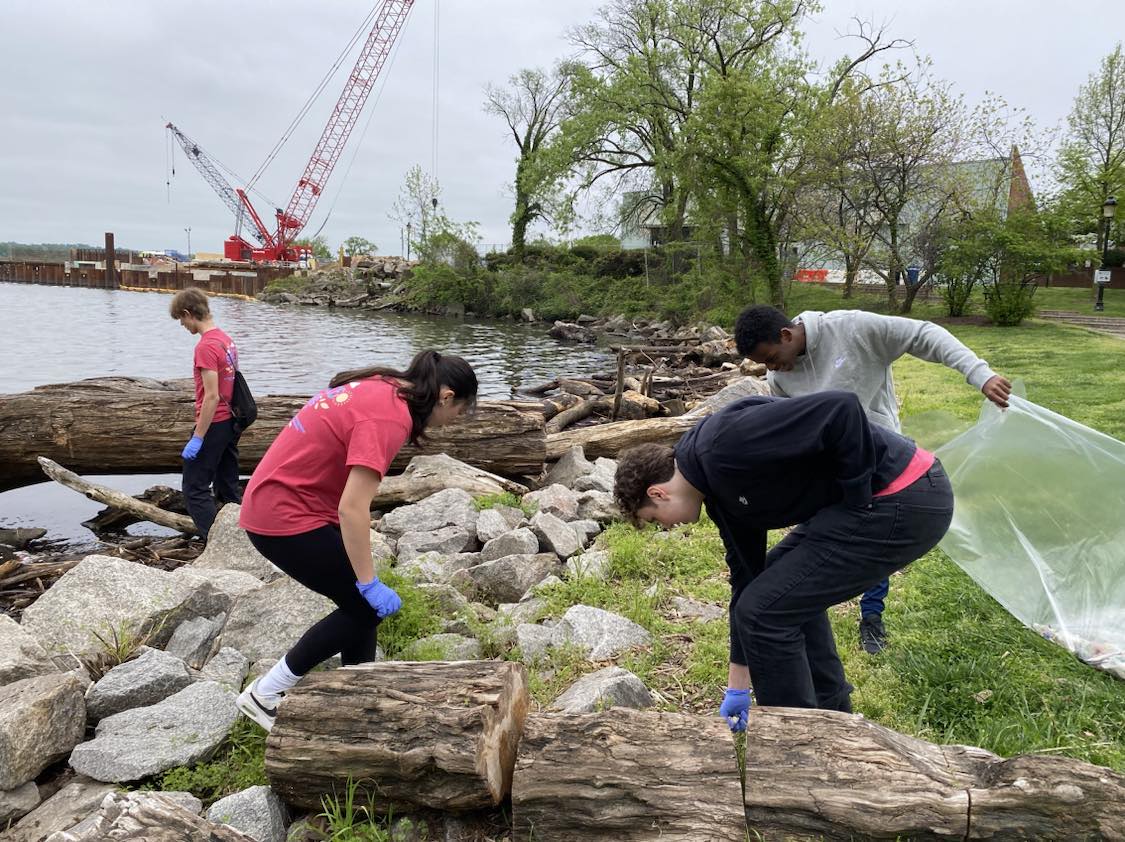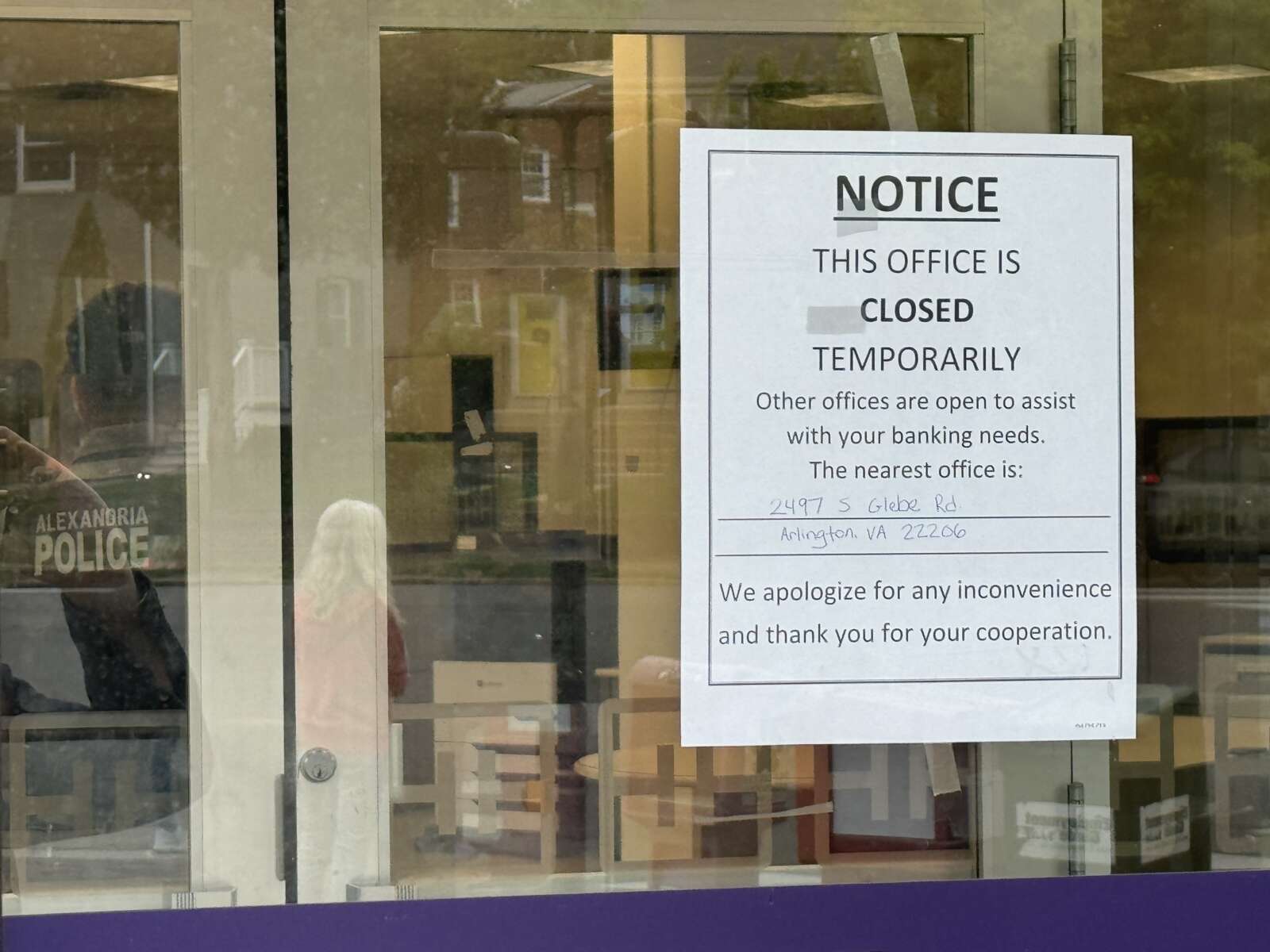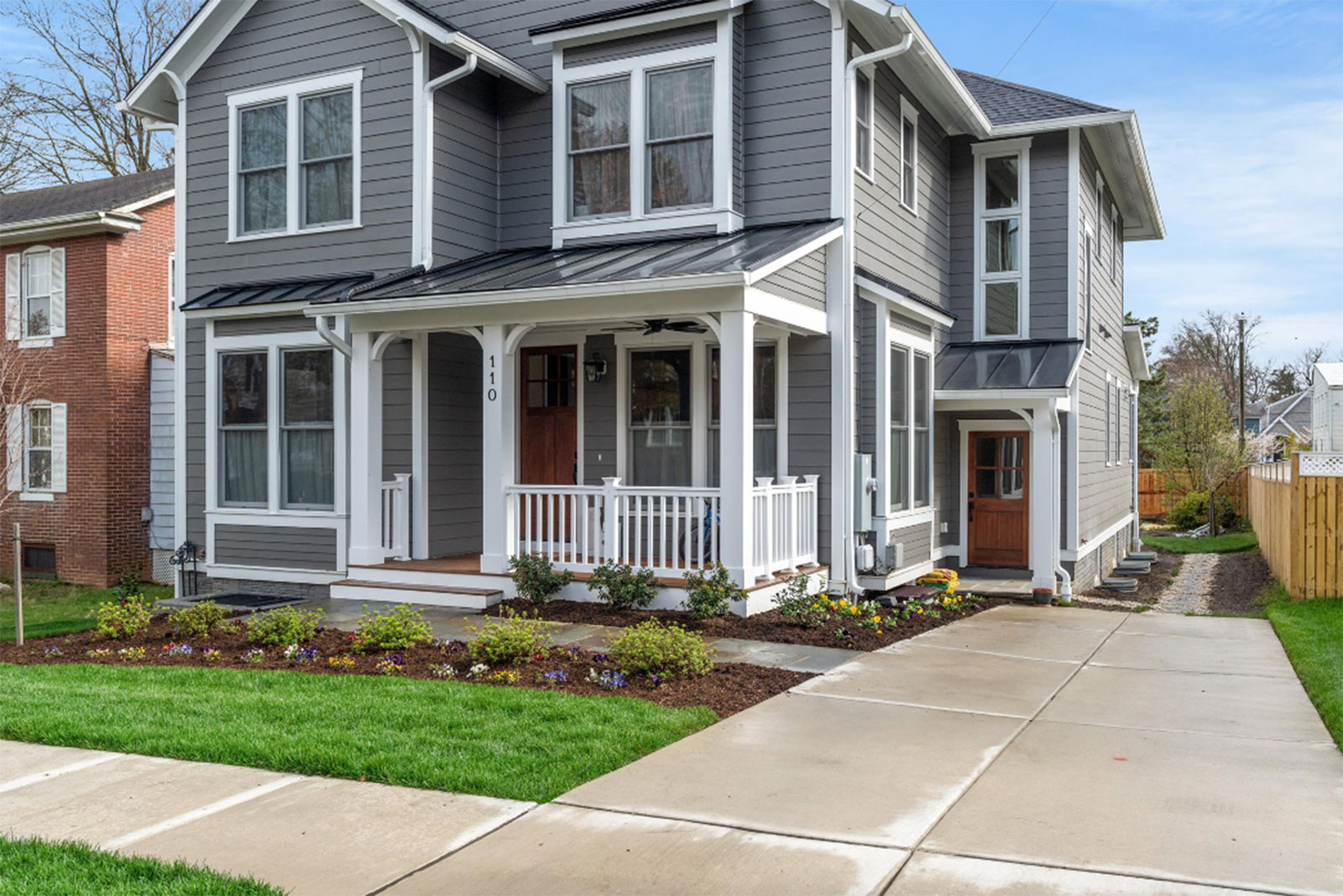Where you live in Alexandria can determine your life expectancy, and a newly released City plan is focusing on removing the effects of decades of discriminatory practices.
The Community Health Improvement Plan 2025 (CHIP) is a blueprint to address poverty, mental health, and housing policies and systems in the city. For instance, the average life expectancy in the city’s heavily Hispanic Arlandria neighborhood is 78, while more affluent areas like Old Town have a life expectancy of 87.
“These differences are a result of decades of discriminatory policies and systems that are now built into City processes, our environment, and how community and organizational decisions are made,” notes the CHIP. ” The global pandemic, economic crisis, and racial and social injustice in 2020 only exacerbated these differences in health.”
Hundreds of city residents participated in the creation of the document, which includes numerous priorities highlighted in the 2019 Community Health Assessment, including housing, mental health, and poverty as areas needing improvement.
“Each priority area contains strategies, tactics, timelines, progress measures and tactic owners (the responsible organization or institution) to ensure accountability and effective implementation,” the city said.
Each priority area has an organization that has agreed to take it on.
As Alexandria contends with an affordable housing crisis, one goal would add affordable housing units to new city government and recreational buildings. The city’s Office of Housing is partnering with the Alexandria Economic Development Partnership to devise strategies, which include the conversion of hotels into affordable housing apartment complexes.
The development of the CHIP coincided with the revision of the “Alexandria City Public Schools’ 2025 Strategic Plan” and the “Children and Youth Master Plan 2025, and the city says a “Unified Planning Team” will work toward community engagement opportunities and shared outcomes.
Recent Stories

For Immediate Release
Progress for All Announces Inaugural Black Men Vote Virtual Town Hall
Date: April 19, 2024
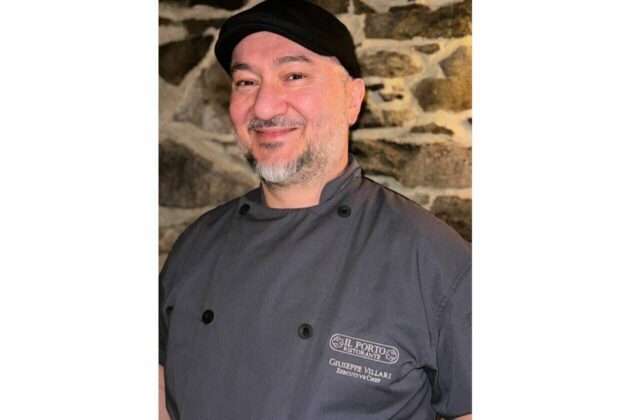
Il Porto Ristorante is thrilled to announce that a new executive chef has joined our team! Hailing from Sicily, Italy, Chef Giuseppe’s culinary journey began at home, where he was immersed in the rich aromas and flavors of homemade Italian cuisine from a young age. His culinary skills flourished further in Piedmont, Italy, where he had the privilege of learning from esteemed chefs renowned worldwide. Under their mentorship, he refined his craft and developed a unique culinary style that marries classic Italian traditions with contemporary flair. Now, Chef Giuseppe proudly brings his exceptional talents to Il Porto, infusing each dish with his distinct blend of tradition and innovation. Chef Giuseppe is introducing brand new dinner specials and entrees, so make a reservation to enjoy his culinary excellence, today!
Pro Coro Alexandria – To the Sea
Join Pro Coro Alexandria, the chamber choir of the Alexandria Choral Society, this Saturday for our concert, “To the Sea.” Experience a variety of songs from beloved choral classics like “Shenandoah” and “What Shall We Do With A Drunken Sailor?”
Del Ray Kitchen Confidential Design Tour
Please join us for Del Ray Kitchen Confidential – a walking tour of recently renovated kitchens in Del Ray with the experts who make the magic happen! FA Design Build owner Rob Menefee and Design Consultant Melissa Fielding walk us



